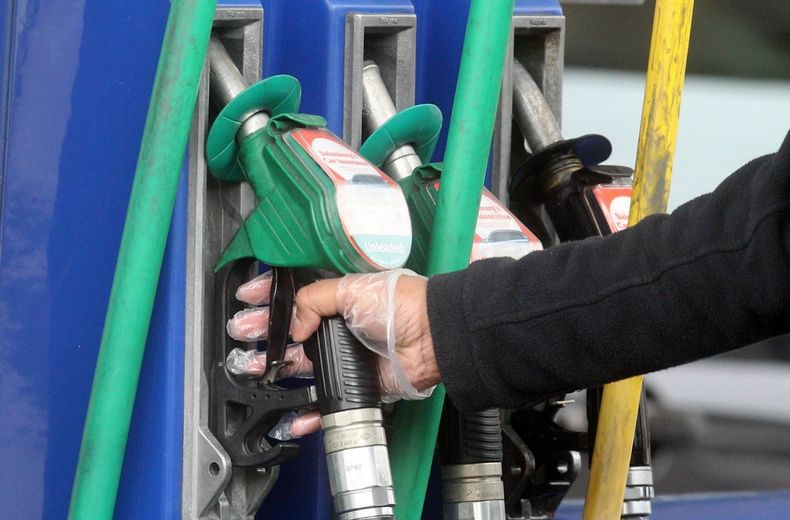The HMS Diamond and HMS Lancaster will be joined with ships from the US, Canada, France, Italy, Norway, Bahrain, Spain, the Seychelles, and the Netherlands, following a series of attacks by the Houthi militia.
The Iranian-backed group have vowed to target vessels that are travelling to Israel.
As a result, many companies have suspended travel to the Red Sea, impacting global trade.
The target area is the Bab al Mandeb Strait between Yemen and Dijbouti.
Defence Secretary Grant Shapps said: “These illegal attacks are an unacceptable threat to the global economy, undermining regional security and are threatening to drive up fuel prices.
“This is an international problem that requires an international solution. That is why HMS Diamond has joined Operation Prosperity Guardian.
“This new task force will protect shipping and vital trade routes in the Red Sea, where large amounts of goods and oil transit through to Europe and on to the UK.
“Our Royal Navy personnel are protecting British interests in an increasingly contested part of the world. Their valuable contribution to upholding peace and security should not be underestimated and we thank them for their service, especially during this festive period.”
How will conflict in the Red Sea impact fuel prices?
Despite the rise in the number of attacks, and the increase in the threat aimed at ships looking to travel in the region, there is unlikely to be changes to the cost of petrol and diesel in forecourts across the UK.
RAC fuel spokesman Simon Williams said: “While tankers avoiding the Suez Canal has the potential to push up the oil price, the barrel is still below $80, $15 lower than it was at the end of September.
“Talk of this immediately affecting fuel prices is unhelpful as we are still waiting for retailers to fully pass on the savings from much lower wholesale costs.
“We don’t want to give them a reason not to continuing cutting their prices, especially at the most expensive time of the year.
“The current 141.7p average price of petrol should fall to nearer 132p if retailers play fair with drivers.
“This means even if the Red Sea situation worsens, there is no reason for the biggest retailers to push up prices as fuel is still overpriced – a point well illustrated by an independent retailer at Whitchurch in rural Shropshire currently selling petrol for 128p – 10p less than at the big four supermarkets, and 14p cheaper than the UK average.”
For the latest picture when it comes to oil and fuel prices, and what these mean for UK drivers, please see the most comprehensive UK webpage on fuel prices – RAC Fuel Watch.

Breakdown cover from £5.29 a month for Standard cover*
• Cheaper than AA Price Promise or we’ll beat it by 20%^
• We get to most breakdowns in 60 mins or less
• Our patrols fix 4/5 breakdowns on the spot










